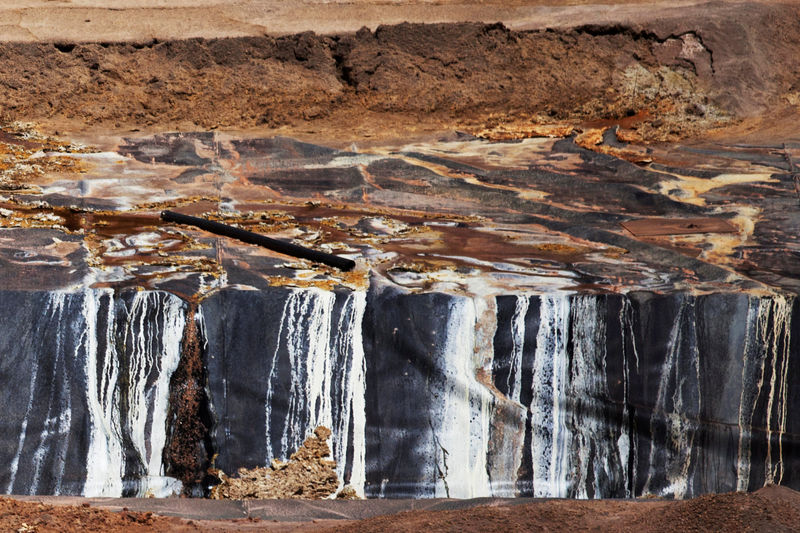By Divya Rajagopal
TORONTO (Reuters) – Canadian uranium miners, convinced that only they can meet U.S. demand for the element after Russian supply cuts, have accelerated production and forward contracts to supply U.S. energy companies, but they are making are now concerned about possible tariffs from newly elected US President Donald Trump.
Shares of uranium companies rose in Toronto and New York over the past two weeks on news that Russia planned to restrict sales of enriched uranium to the US.
This week, Trump threatened a 25% tariff on all goods from Canada and Mexico. This could drive up prices of the radioactive material unless uranium gets exemptions.
Canada is the second largest uranium producer in the world after Russia. About 85% of production is exported. Companies say there is an acute shortage of this commodity.
Vancouver-based uranium exploration company NexGen Energy (TSX:) is at least four years away from production in Canada. Company officials told Reuters they were in advanced talks about possible offtake agreements with U.S. utilities as they prepare to produce more nuclear energy to meet growing electricity demand.
“We have never been busier on that front, and it has increased dramatically after the Russian announcement and I would say the utilities are very keen to see a new Canadian uranium mine to diversify risk,” said Travis McPherson, Chief Commercial Officer .
Jason Barnard, CEO of Foremost Clean Energy, a uranium exploration company, said further upward pressure on uranium prices was inevitable, adding that the US may not be ready for the inflationary fallout.
McPherson said Canada and NextGen in particular are well-positioned to negotiate any tariff proposals.
“Given the large need of U.S. nuclear reactors for uranium that supplies nearly 20% of their energy demand, combined with their heavy import dependence, Canada (and NexGen in particular) is in a strong position to address this reality to use it in every possible way. negotiations/discussions.”
“The potential tariffs on Canada demonstrate that Canada must have essential goods that American industries need that they cannot get elsewhere or at home. Uranium is one of those very unique commodities,” he said.
The US imports a quarter of its uranium from Russia and the rest mainly from Canada, followed by Kazakhstan, although the country does have some domestic production.
Russia said on November 15 that it had imposed restrictions on exports of enriched uranium to the US, in response to Washington’s ban on the import of Russian pre-enriched uranium. President Joe Biden’s administration had offered waivers that would allow shipments to continue through 2027.
This month American supplier of nuclear fuel Centrus energy (NYSE:) announced that its main Russian supplier had halted exports to the company, with this loss of Russian supply impacting the company’s ability to meet delivery obligations.
Bids for November 2025 delivery of uranium rose from $4 to $84 per pound after Russia announced its restrictions, according to market research and consultancy UxC.
Canadian miner Cameco (NYSE:), one of the world’s largest publicly traded uranium miners, told Reuters it hopes there will be “unfettered” trade in nuclear goods and services between Canada and the US as the country enjoys a secure Western supplies of uranium fuel are needed to meet the increasing demand for electricity.
“The announcement from Russia underlines what we have been saying for some time, namely that the cumulative risks to nuclear fuel supplies are significant and that breaking dependence on Russia and other state-owned enterprises will require coordinated Western responses to sustain an industry to guarantee.” The government-led government made a secure Western fuel supply possible.”


